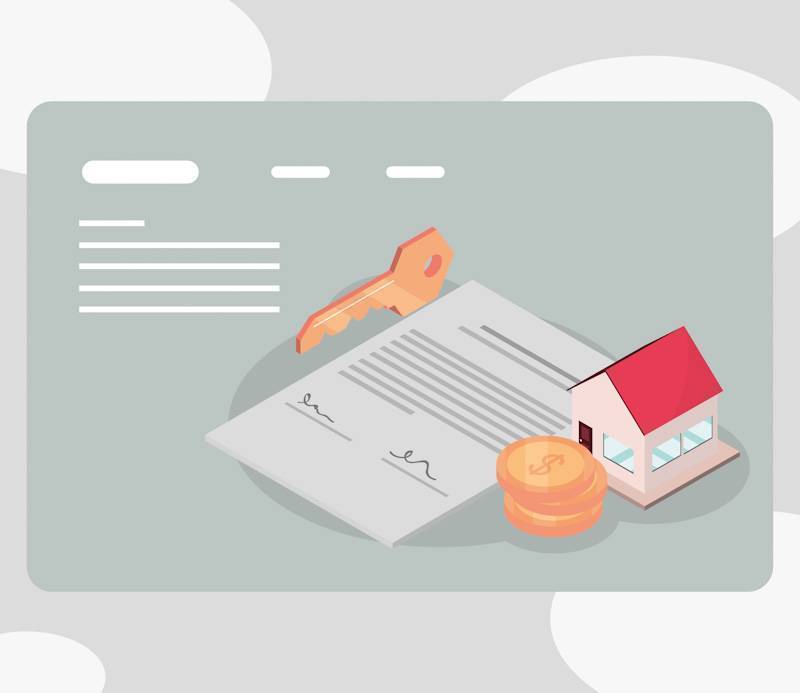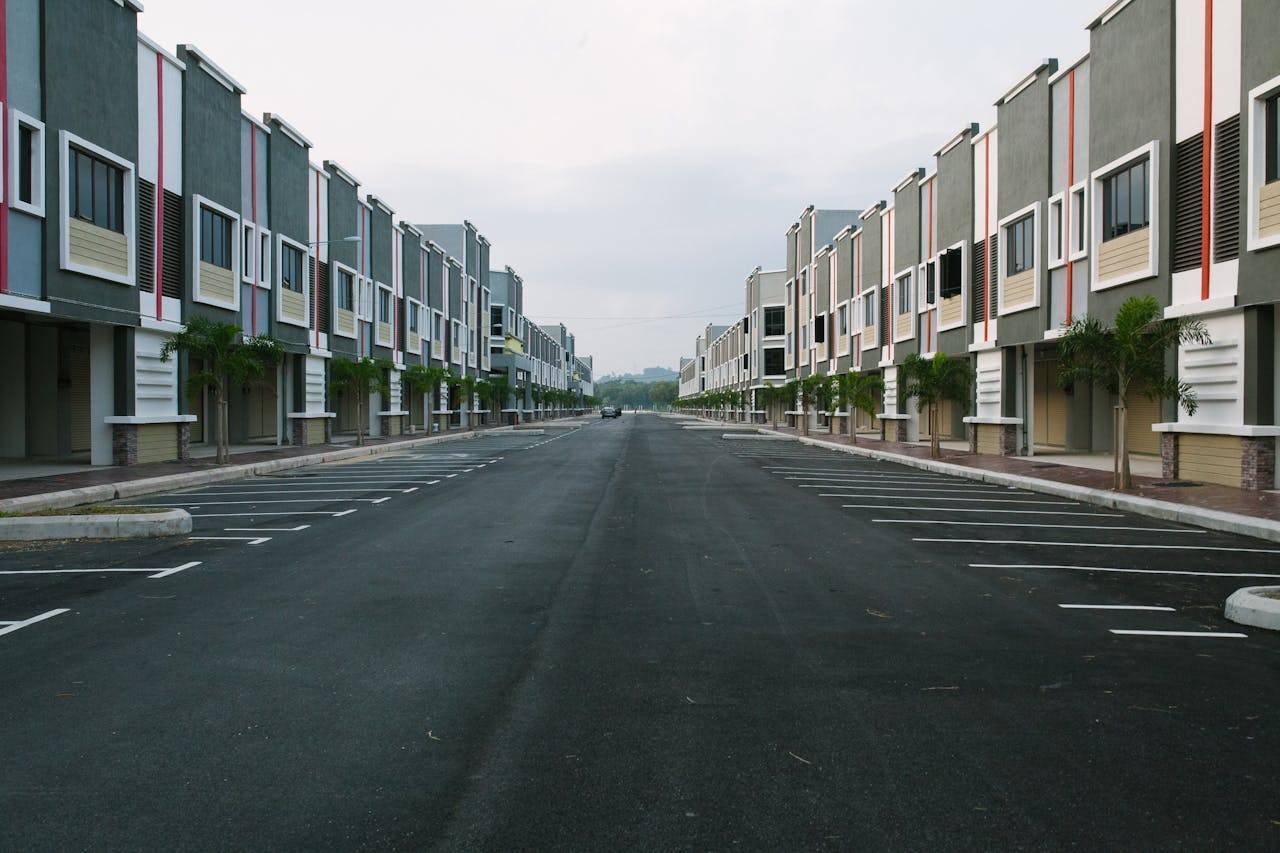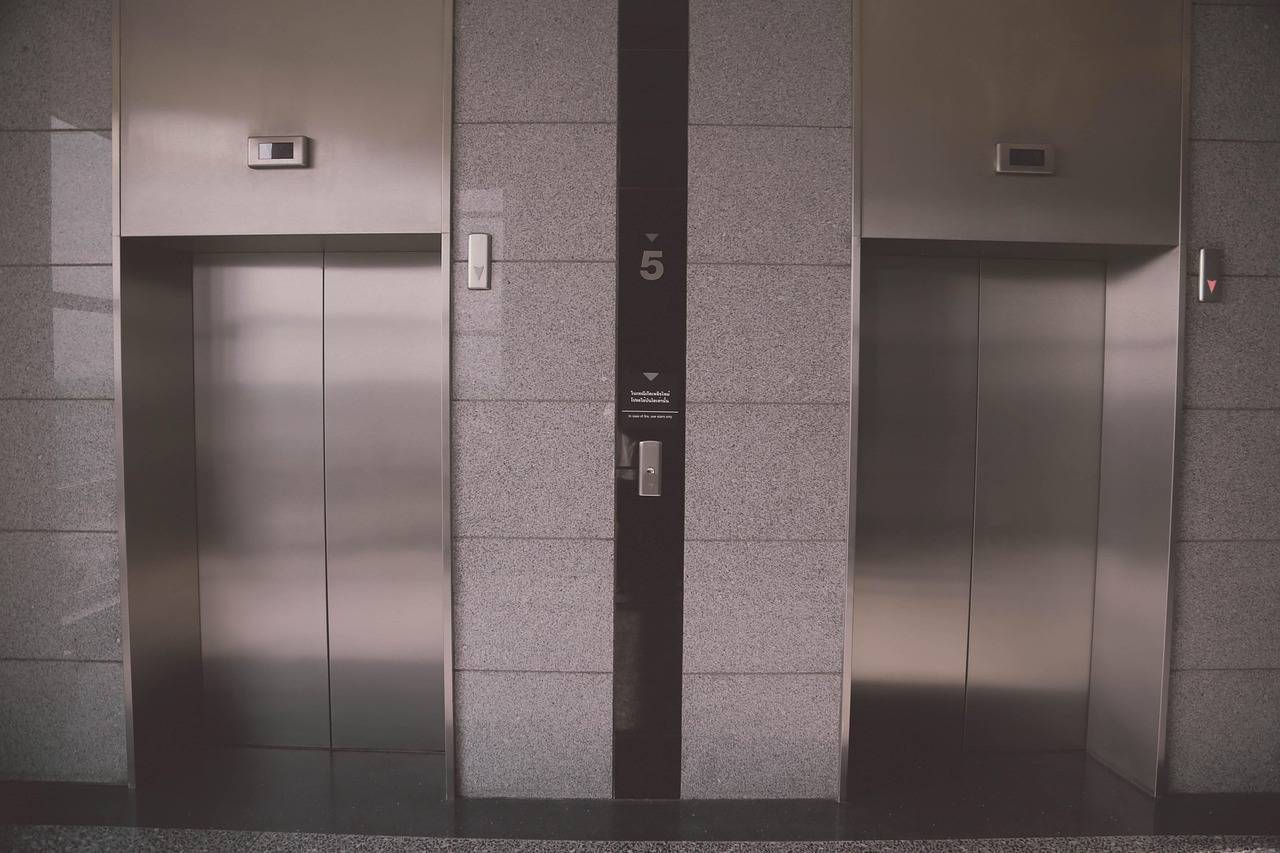The Bruhat Bengaluru Mahanagara Palike (BBMP) recently announced a significant change in its property registration system, introducing the mandatory use of e-khatas starting from September 30, 2024. This transition, part of the BBMP’s broader digitization efforts, aims to move property records to a fully online, faceless, and contactless system. While this initiative seeks to enhance efficiency and reduce corruption, it has left many property owners in Bengaluru confused and concerned about the implications of the new system.
The Transition to E-Khata
The BBMP has stated that the shift to e-khatas is necessary for modernizing the way property records are maintained. The traditional khata system has been plagued by issues such as manual errors, data mismanagement, and corruption. By transitioning to an electronic format, the BBMP hopes to streamline property registration processes, improve transparency, and ensure that property records are accurate and up-to-date.
As part of the initiative, BBMP staff will be visiting homes across Bengaluru to capture the GPS coordinates of properties. These coordinates will serve as a unique identifier for each property and are mandatory for securing the BBMP e-khata. According to BBMP officials, this system is designed to prevent property misappropriation by assigning precise GPS locations to properties, thus preventing multiple claims on the same piece of land.
Currently, BBMP employees are actively visiting homes and utilizing a mobile app to capture the GPS data of each property listed in the respective ward. The civic body has also announced that a citizen module will soon be available, enabling property owners to upload their GPS coordinates independently. This feature is expected to roll out in the coming days, further reducing the need for direct interaction with officials.
Addressing Red Tape and Increasing Revenue
Government estimates indicate that Bengaluru has over 2.1 million properties, with the majority of these records still maintained manually. The introduction of the e-khata system is aimed at reducing reliance on physical documentation and improving the efficiency of property-related processes. The BBMP’s initiative is expected to boost transparency, minimize opportunities for corruption, and increase property tax revenue.
Digitizing property records and assigning GPS coordinates is seen as a significant step toward improving Bengaluru’s property management system. It will allow the BBMP to maintain more accurate property records and prevent the kind of delays and inaccuracies that have historically plagued the khata issuance process. The new digital system promises a streamlined process for property owners; however, the move has not been without criticism.
Concerns Over Implementation
One of the primary concerns voiced by property owners and civic groups is the speed of the transition. BH Veeresha from the Mahithi Hakku Adhyayana Kendra has raised alarm over the BBMP’s claim that it has digitized over 20 lakh property records. He pointed out that, to date, less than 1% of the e-khatas have actually been issued. Many property owners feel that the system is being implemented too quickly without proper groundwork and communication.
Some residents express appreciation for the government's efforts toward digitization but caution that the immediate enforcement of the e-khata requirement could create undue hardship for ordinary citizens. Many properties are still in the process of having their records fully transferred to khata, and this mandate may impose undue hardship on property owners, particularly those facing financial constraints. There are calls for the government to consider extending the timeline for the transition, allowing property owners more time to update their records without disrupting their ability to buy or sell properties.
GPS Requirements and Property Verification
Another point of confusion stems from the BBMP's approach to verifying property details. As part of the new system, BBMP officials will capture GPS coordinates for each property. This measure aims to prevent fraudulent property claims. However, some property owners have raised questions about how e-khatas can be issued solely based on GPS data without other essential information, such as sale deeds, owner identification documents, and tax records.
The apprehensions of property owners highlight a critical concern regarding the sufficiency of GPS data alone for accurate property verification. There are legitimate questions about how the BBMP intends to manage the complexity of property records that encompass various legal and ownership aspects beyond mere geographic coordinates.
In response to these concerns, BBMP officials have clarified that a comprehensive approach is in place. They explained that while GPS tagging will serve as an identifier, it will be linked to existing property records that contain vital information. They assure property owners that once the GPS tagging is complete, a citizen module will be launched, allowing owners to upload their own GPS data and link it to their property records. This integration aims to create a more robust system that combines geographic data with legal documentation.
Impact on Property Transactions
The potential impact on property transactions is another critical issue arising from the e-khata transition. With the Stamps and Registration Department’s notification that only e-khata properties will be registered starting from September 23, many worry that this could halt property registrations until the system is fully operational. For those in the process of buying or selling property, this creates uncertainty, as delays in issuing e-khatas could slow down transactions.
Property owners, especially those with incomplete or outdated records, may find themselves unable to register their properties until the transition is complete. This could lead to significant disruptions in the property market, affecting not only individual transactions but also overall confidence in Bengaluru's real estate sector.
The consequences of this transition could be particularly severe for those involved in ongoing property deals or those who need to secure loans against their properties. Delays in securing e-khatas could jeopardize financial arrangements and lead to potential losses for property owners.
Calls for a Flexible Approach
Given the widespread concerns surrounding the transition, many stakeholders are calling for a more flexible approach to the e-khata implementation. Extending the timeline for implementation and ensuring that all property owners have adequate time to update their records could help avoid disruption in property transactions and alleviate the burden on citizens.
Moreover, enhanced communication from the BBMP regarding the procedures involved in obtaining e-khatas, the expected timelines, and the necessary documentation could significantly improve the transition experience for property owners. Providing clear guidelines and support resources will be crucial in ensuring that property owners feel empowered to navigate the new system.
Way Forward
While the e-khata initiative represents a step toward modernizing property records and reducing corruption, the rapid implementation and lack of clarity have left many property owners confused and concerned. The BBMP's efforts to digitize property records will likely benefit the city's administration in the long run. However, addressing the immediate concerns of Bengaluru's property owners will be critical in ensuring the success of this initiative.
In the future, the BBMP may consider creating outreach programs to educate property owners about the new e-khata system, how it works, and the benefits it offers. Workshops, informational campaigns, and easy-to-access online resources could go a long way in demystifying the process and fostering public trust in the new system.
Additionally, monitoring the implementation process and gathering feedback from property owners will be essential in identifying any shortcomings or areas that require further attention. This proactive approach will enable the BBMP to make necessary adjustments and improvements to the e-khata system, ensuring that it meets the needs of all stakeholders involved.
Image source-freepik.com









.png)